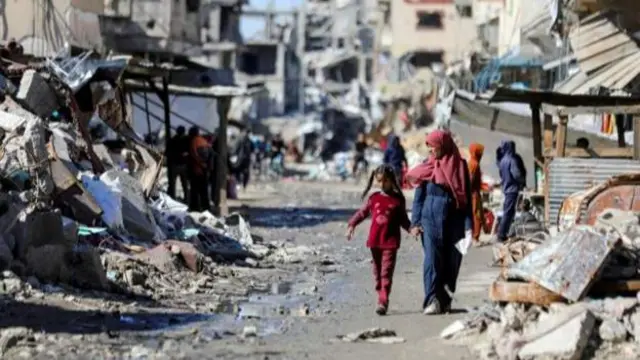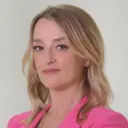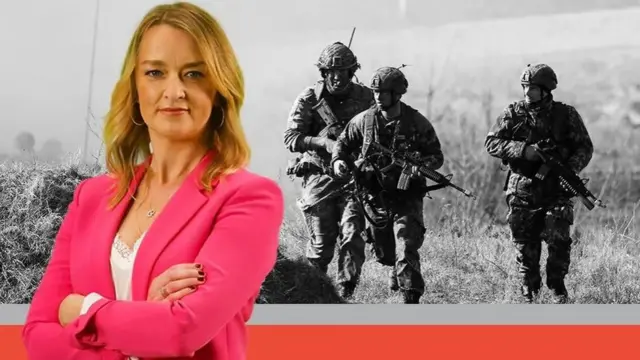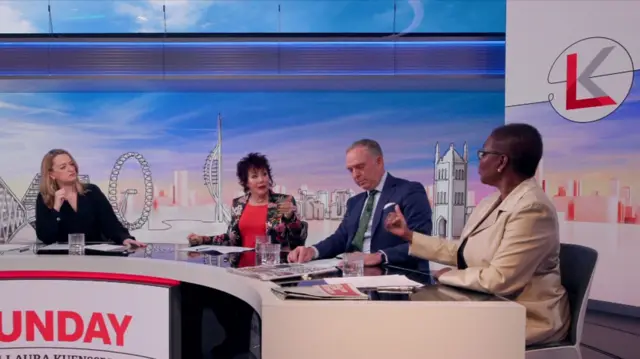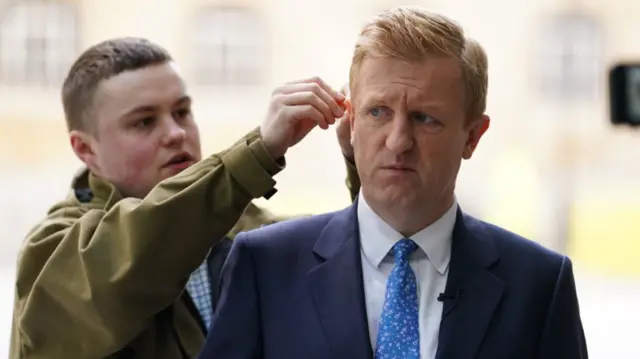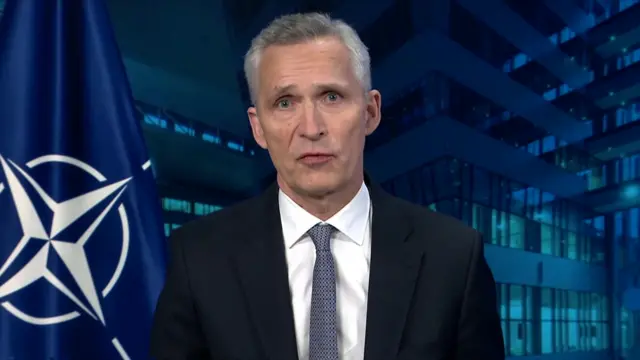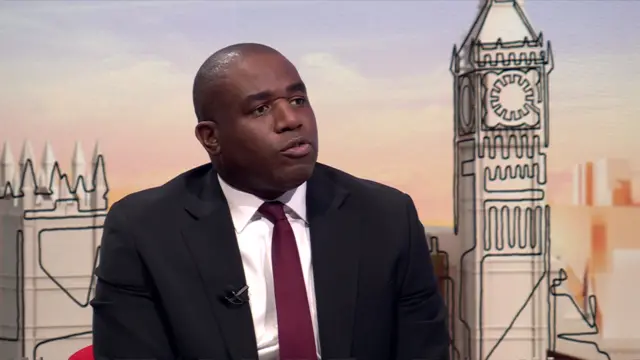See you next Sundaypublished at 11:42 BST 7 April 2024
 Jack Burgess
Jack Burgess
Live reporter
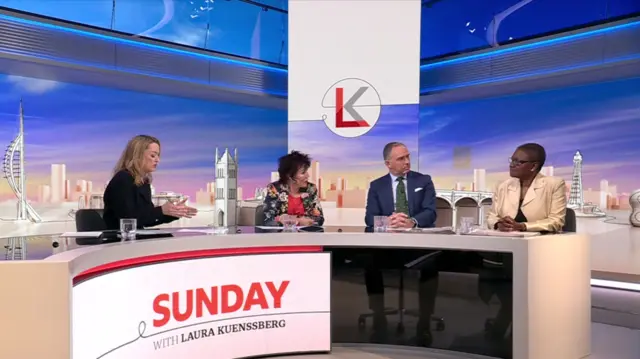
It was another busy morning on this week's Sunday with Laura Kuenssberg.
We heard from Deputy Prime Minister Oliver Dowden, Labour's shadow foreign secretary David Lammy and Nato's leader Jens Stoltenberg.
This week's panellists - former Cabinet Secretary Lord Mark Sedwill, Baroness Valerie Amos and comedian Ruby Wax - also had their say.
We'll be closing this page shortly but before we go there's time for a quick name check.
This page was written by Thomas Mackintosh and Jemma Crew, and edited by me.
You can read more on the deputy PM's comments, and the shadow foreign secretary's response, about UK-Israel arms sales in our story here.
We look forward to you joining us next Sunday - same time, same place.
